

Sun Protection Facts
Sabina JasinskiThink you know sunscreen?
Discover surprising facts—from hidden ingredients to often-overlooked areas—that could change how you protect your skin. Whether you’re a skincare pro or just getting started, these insights might just make you rethink your SPF game.
-
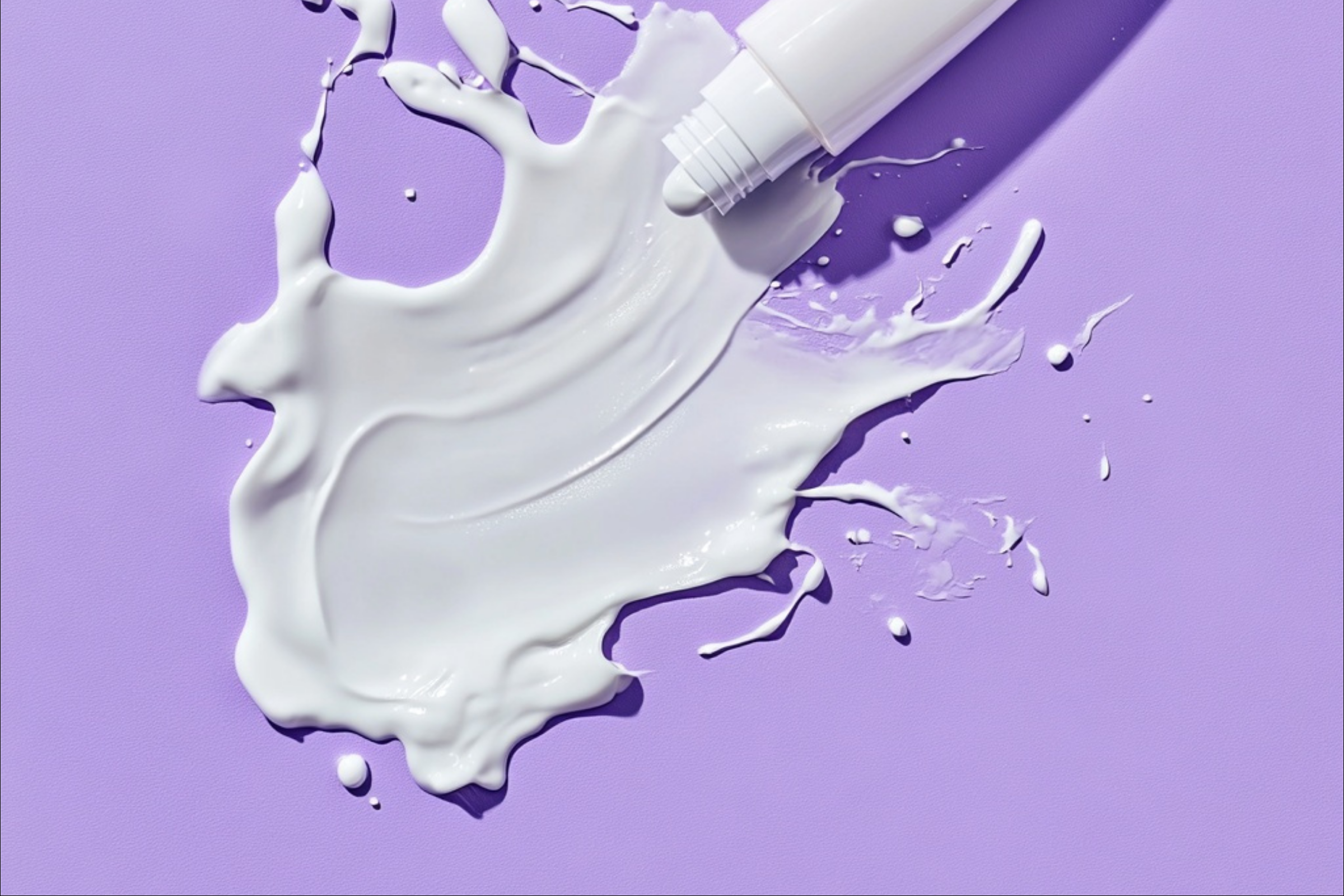
1. Sunscreen Expiration Dates Matter
Expired sunscreens can lose their effectiveness, leaving your skin vulnerable to UV damage. Even worse, the ingredients can degrade or separate, which may lead to irritation or allergic reactions. Always check the expiration date—and if it smells weird or looks separated, toss it.
-
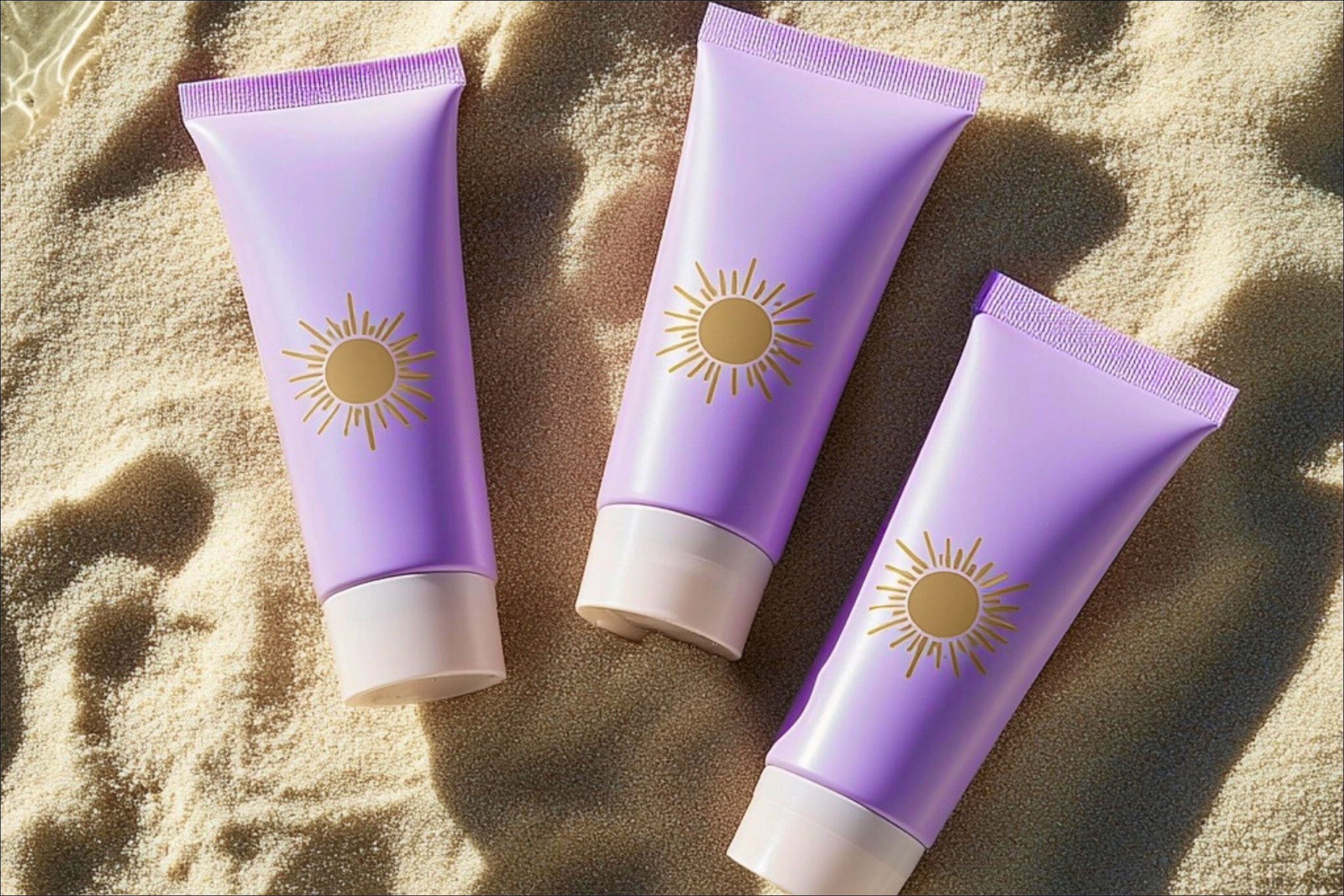
2. The Best Way to Store Sunscreen
Heat and sunlight can break down your sunscreen. For maximum protection, store it in a cool, dry place like a drawer or cabinet. Avoid leaving it in hot cars, beach bags, or near windows. High temperatures can alter the texture and reduce effectiveness.
-

3. Darker Skin Tones Need Sunscreen Too
Melanin offers some natural UV protection, but darker skin tones can still suffer from sunburn, skin cancer, and are more prone to hyperpigmentation and uneven tone. Delayed detection of skin cancer is also a serious risk—making daily sunscreen and skin checks essential.
-

4. Don't Forget the Overlooked Areas
It’s easy to miss areas like the scalp, back of the neck, and tops of the ears—places that get just as much sun as your face. Use spray sunscreens, powders, or wear hats to protect these vulnerable spots.
-
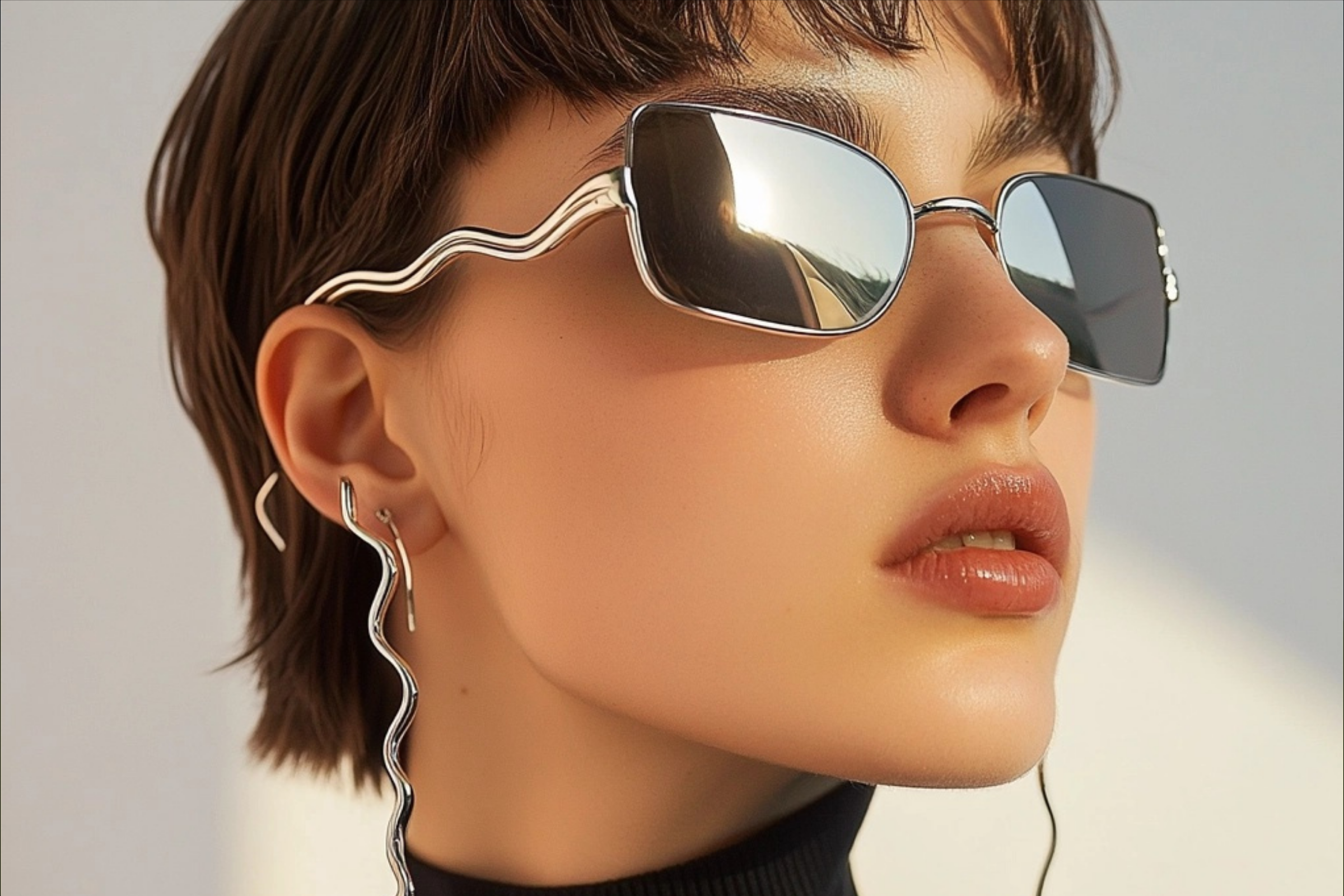
5. Metal-Frame Glasses Can Heat Up Fast
Metal frames can get scorching hot in the sun, causing discomfort or even skin burns on your nose and ears. Prolonged exposure to heat can also warp or damage your glasses, so keep them shaded when not in use.
-
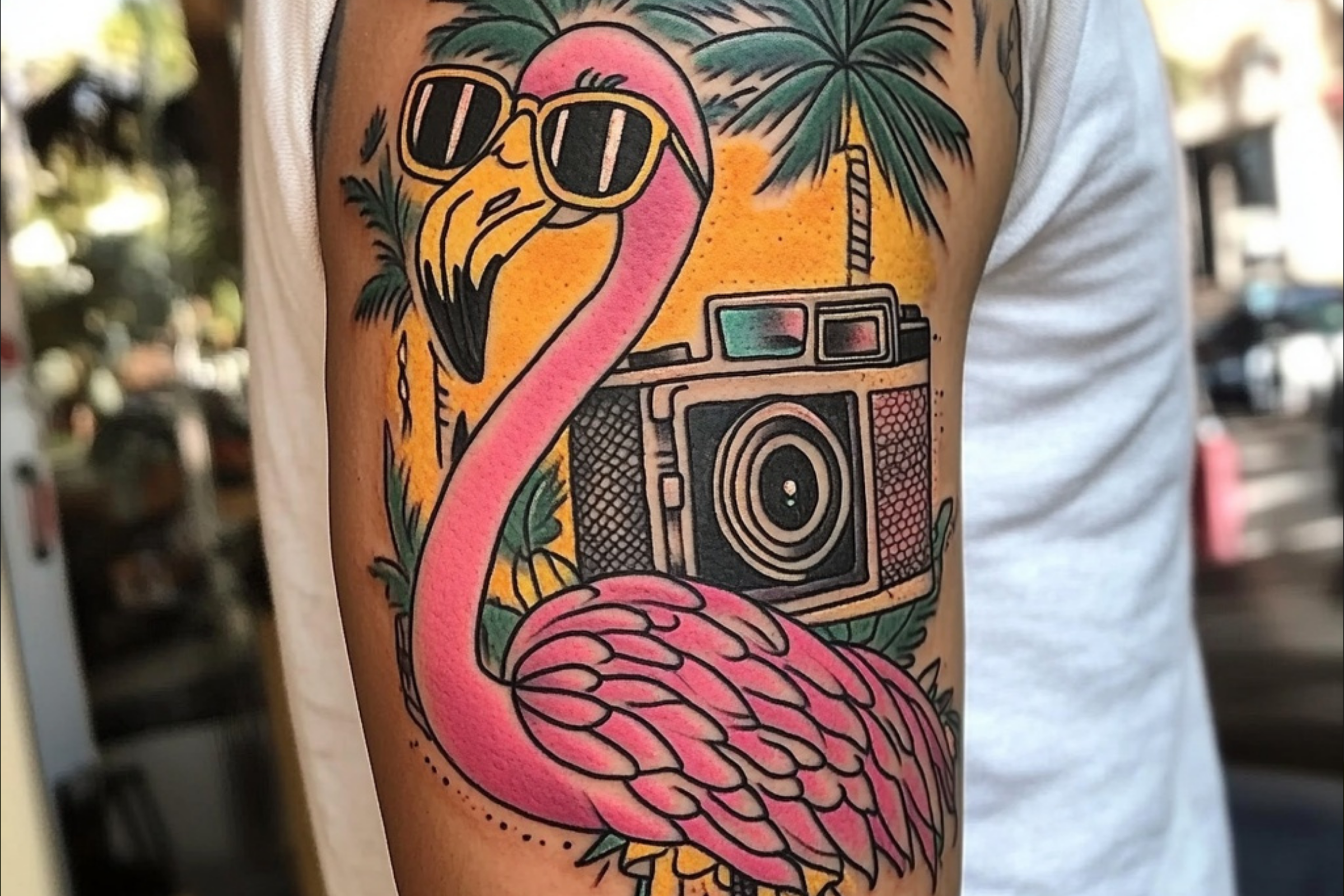
6. Sunscreen Protects Your Tattoos Too
UV rays break down tattoo ink over time, especially bright colors like red, blue, and yellow. This leads to fading, blurring, and loss of vibrancy. Applying sunscreen helps preserve your ink’s color and definition—especially in summer.
-
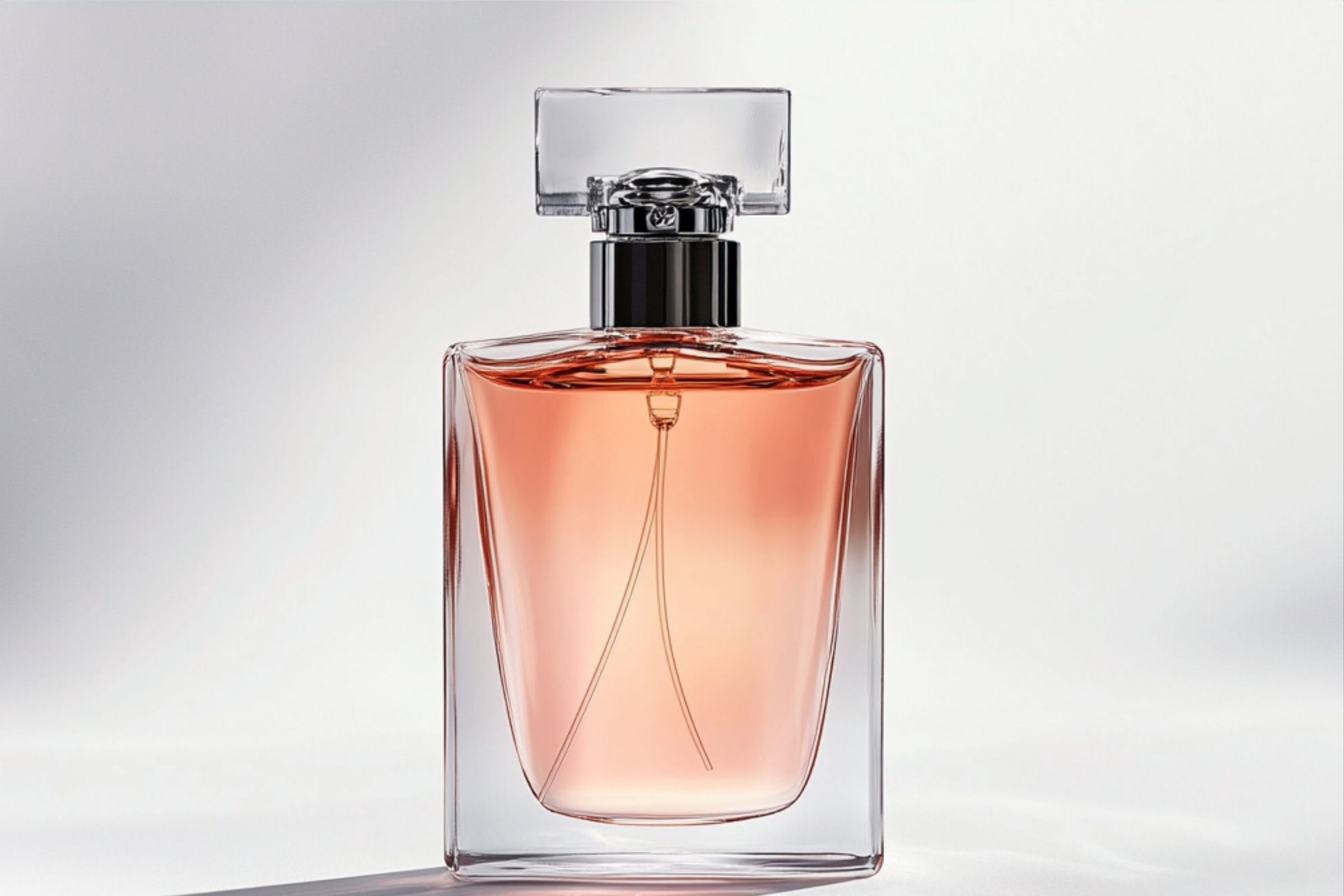
7. Perfume + Sun = Skin Reaction
Fragrances that contain ingredients like bergamot or lime oil can react with UV light, causing phytophotodermatitis—a skin reaction that leads to redness, dark patches, or even blisters. If you're planning to be out in the sun, apply fragrance to covered areas or skip it altogether.
-

8. Limes, Cocktails & Sun Don't Mix
Squeezing limes in the sun during beach cocktails or picnics? Some citrus fruits and alcohols can make your skin photosensitive. Combined with sun exposure, this can trigger burns, blisters, or strange dark stains on your skin. Always rinse your skin after handling citrus outdoors.
Need help finding the right SPF? We’re always here to guide you. 💜
-
Customer service
shop@yourstore.com -
Follow us
Want to learn more about Sun protection?
-
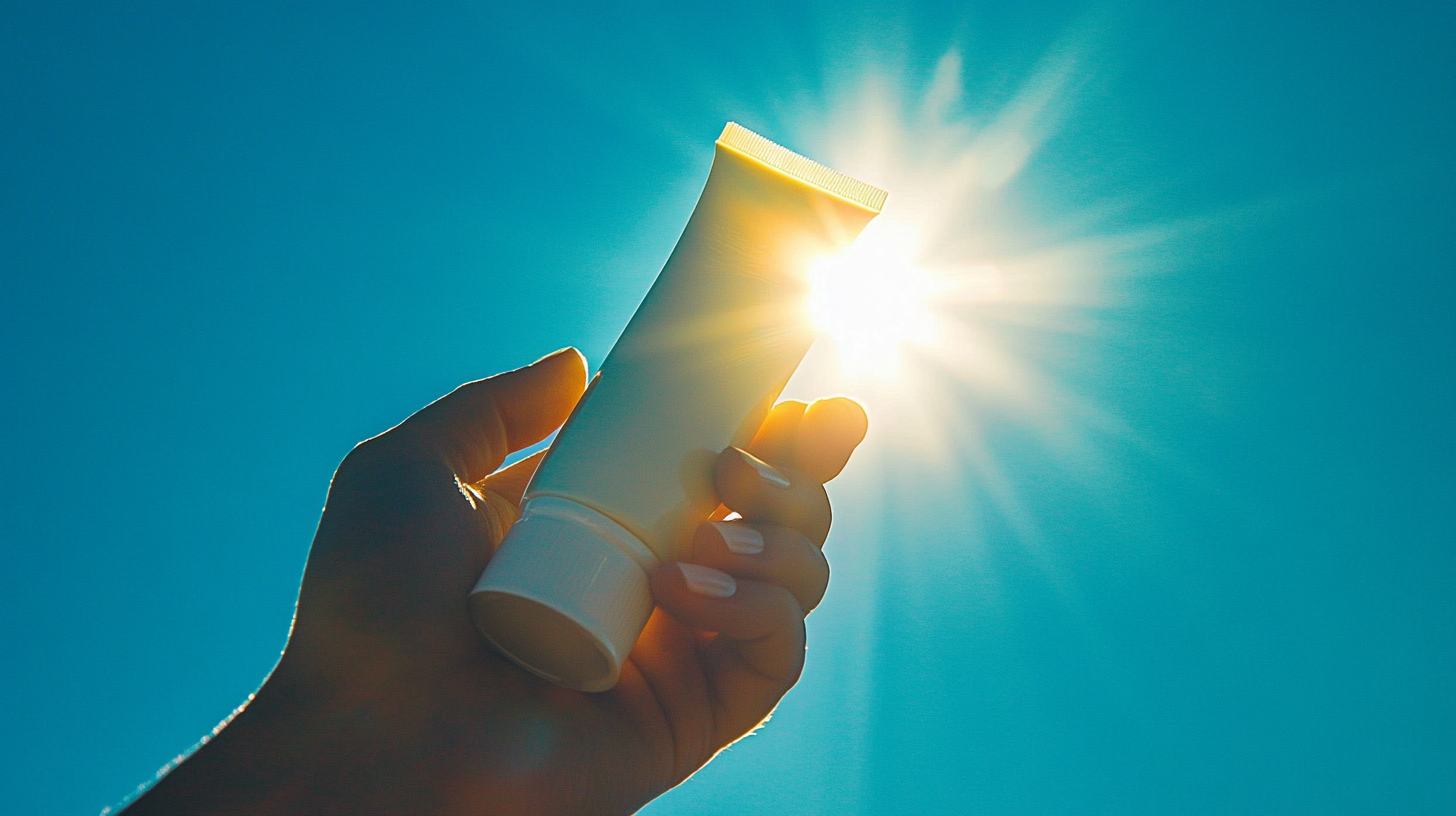
Understanding UVA & UVB: The key to smarter sun protection
Read hereUnderstand the differences between UVA and UVB rays—and how to protect your skin from both aging and sunburn. Learn about broad-spectrum sunscreens, SPF, and discover our top sunscreen picks.
-

SPF Guide: Which Sunscreen Factor Should I Choose?
Read hereProtect your skin from sun damage, aging, and hyperpigmentation with the right SPF. This guide uses the Fitzpatrick Scale to help you choose the best sunscreen for your skin tone.














